|
Disclaimer: FOR TEST AND EXAMPLE PURPOSES ONLY! These web pages are not intended to be used as a source of information on medicines.
The web pages are not kept up to date and are for demonstration purposes only.
For up-to-date information on a medicine, please consult www.ema.europa.eu/medicines or the package leaflet of your medicine.
|
Show source BACK TO LIST |
Laboratory Report
|
|
|
|||||||||||||||||||||||||
This seems not to be an HL7 Europe Laboratory Report (type coding LOINC 11502-2)
Chemistry
| Test | 01 Nov 2021 | Reference Range | Unit |
|---|---|---|---|
| Hemoglobin A1c/Hemoglobin.total in Blood | 5.9 | 4 - 6 | % |
| Glucose [Mass/volume] in Blood | 85.6 | 70 - 99 | mg/dL |
| Urea nitrogen [Mass/volume] in Blood | 20.0 | 7 - 40 | mg/dL |
| Creatinine [Mass/volume] in Blood | 1.3 | 0.6 - 1.3 | mg/dL |
| Calcium [Mass/volume] in Blood | 9.6 | 8.5 - 10.5 | mg/dL |
| Sodium [Moles/volume] in Blood | 136.0 | 135 - 145 | mmol/L |
| Potassium [Moles/volume] in Blood | 4.0 | 3.5 - 5 | mmol/L |
| Chloride [Moles/volume] in Blood | 104.0 | 98 - 114 | mmol/L |
| Carbon dioxide, total [Moles/volume] in Blood | 26.0 | 22 - 29 | mmol/L |
| Cholesterol [Mass/volume] in Serum or Plasma | 281.1 H | 0 - 200 | mg/dL |
| Triglyceride [Mass/volume] in Serum or Plasma | 145.8 | 40 - 150 | mg/dL |
| Cholesterol in LDL [Mass/volume] in Serum or Plasma by Direct assay | 190.0 H | 0 - 100 | mg/dL |
| Cholesterol in HDL [Mass/volume] in Serum or Plasma | 61.9 | 40 - 100 | mg/dL |
Annotation
| Conclusion and Recommendations based on this report and previous findings known to us |
|---|
| The patient shows persistently elevated total and LDL cholesterol, indicating increased cardiovascular risk and need for lipid management. HbA1c is at the upper limit of normal but improved since 2019, suggesting better glycemic control. Renal function, electrolytes, and blood counts are within normal limits except for a previously low erythrocyte count and high platelet distribution width, which may warrant monitoring. Overall, main concerns are dyslipidemia and cardiovascular risk. |